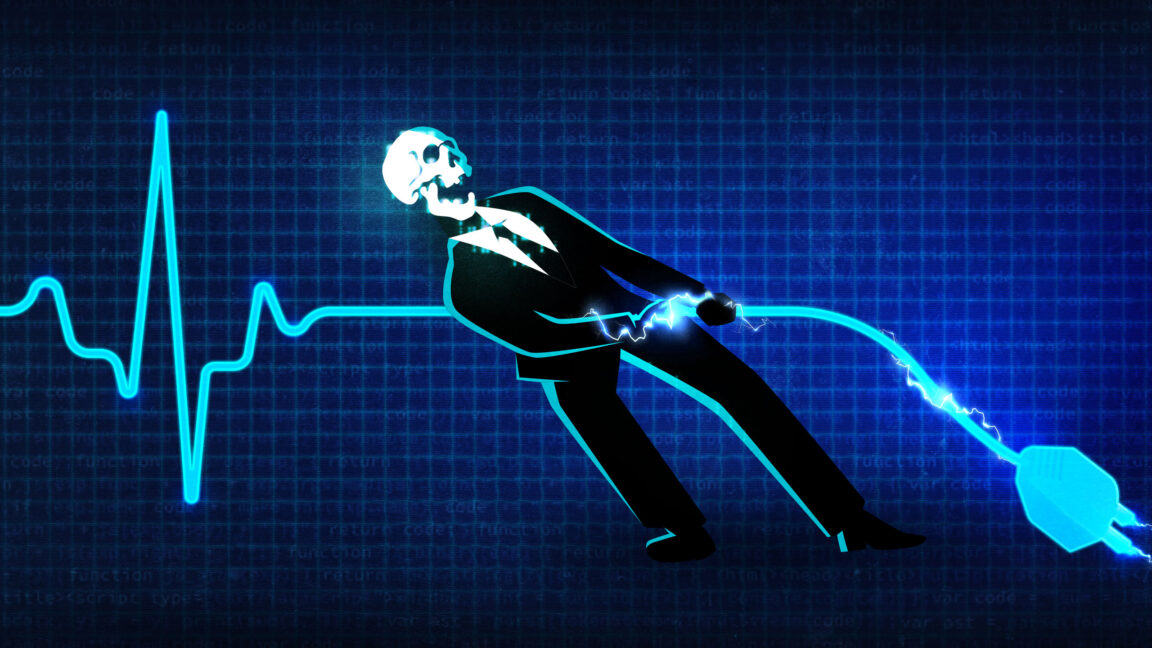
"For more than a decade, researchers have wondered whether artificial intelligence could help predict what incapacitated patients might want when doctors must make life-or-death decisions on their behalf. It remains one of the most high-stakes questions in health care AI today. But as AI improves, some experts increasingly see it as inevitable that digital "clones" of patients could one day aid family members, doctors, and ethics boards in making end-of-life decisions that are aligned with a patient's values and goals."
"Ahmad is a resident fellow working with trauma department faculty at the University of Washington's UW Medicine. His research is based at Harborview Medical Center in Seattle, a public hospital in the UW Medicine health system. UW Medicine is integrated with "one of the world's largest medical research programs" to pursue its mission of improving public health outcomes, UW's website says."
Researchers have explored for more than a decade whether artificial intelligence can predict what incapacitated patients would want when others make life-or-death decisions. The question is among the highest-stakes issues in health care AI. Some experts foresee digital clones aiding family, clinicians, and ethics boards to align end-of-life choices with a patient's values. No hospital has yet deployed AI surrogates. Muhammad Aurangzeb Ahmad is preparing pilot testing at a US medical facility, basing models on Harborview patient data while remaining in a conceptual phase. Model accuracy can only be verified if patients survive and later confirm choices. Testing could expand across the health system.
Read at Ars Technica
Unable to calculate read time
Collection
[
|
...
]